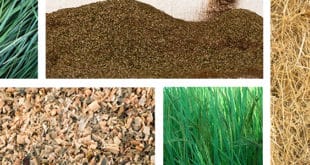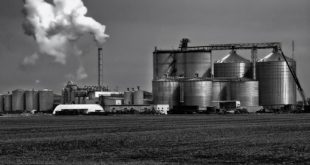At this years’ Going Green we talked to Bill Roe, the CEO of Coskata about his company’s work in developing bio fuel alternatives. They are making ethanol from a variety of feed stocks including switchgrass, wood chips, agricultural residues (bagasse, corn stover, etc.) as well as waste streams such as old tires and municipal solid waste.
Coskata is commercializing a proprietary process and related technologies for the conversion of a wide variety of input materials into ethanol. Coskata has an efficient, affordable, and flexible three-step conversion process:
1. Incoming material converted to synthesis gas (gasification)
2. Fermentation of synthesis gas into ethanol (bio-fermentation)
3. Separation and recovery of ethanol (separations)
After the carbon-hydrogen bonds in the feedstock are “cracked” using gasification and converted into syngas, bacterial fermentation (biofermentation) of the syngas into ethanol occurs using proprietary Coskata microorganisms.
Coskata microorganisms are extremely efficient, utilizing the entire energy value of available input material to produce ethanol. This is a significant advantage over other approaches that only use a fraction of this energy due to their inability to utilize all portions of biomass input material and/or result in non-ethanol byproducts hurting efficiencies.
Bill tells us about their system in the video below.
Bill Roe, CEO Coskata – Going Green 2008
 Alternative Energy HQ solar power for homes, wind energy, and bio fuel issues
Alternative Energy HQ solar power for homes, wind energy, and bio fuel issues






